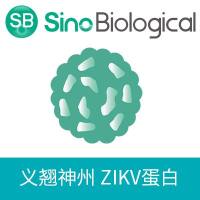The in vitro differentiation of mouse embryonic stem (ES) cells into different somatic cell types such as neurons, endothelial cells, or myocytes is well established, and many mouse ES cell lines have been created so far. The establishment of rat ES cell lines, however, has proven to be difficult. Most attempts to culture rat ES cell lines and maintain them in an undifferentiated state have failed, so researchers were forced to abandon this system and use mouse ES cells. This chapter describes the long-term cultivation of an alkaline phosphatase-positive rat embryonic stem cell-like line (RESC) and their differentiation into neuronal, endothelial, and hepatic lineages. The RESCs can be characterized by typical growth in single cells as well as embryoid bodies when cultivated in the presence of leukemia inhibitory factor. RESC expressed stage-specific-embryonic antigen 1 and the major histocompatibility class 1 molecule. Neuronal differentiation is achieved by standard retinoic acid treatment and endothelial differentiation can be reproducibly induced by growth on or within MatrigelS for 14 d. To induce expression of hepatocyte-specific antigens, RESCs were either grown in hepatocyte-conditioned media or in media containing different combinations of growth factors. The characterization of differentiated cells was done primarily by immunohistochemistry, enzyme-linked immunosorbent assay, and polymerase chain reaction.






